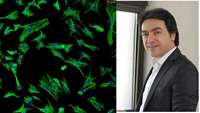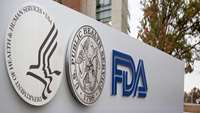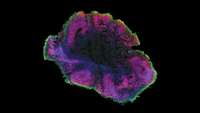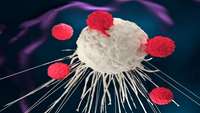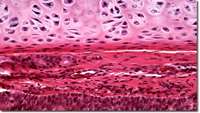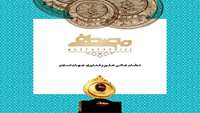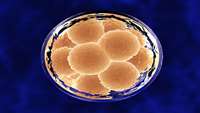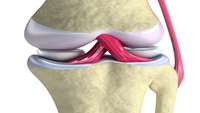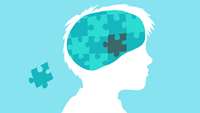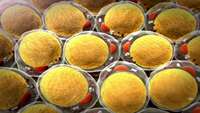Some clinical studies of cell therapy performed by Iranian researchers in the field of Dermatology
According to the public relations and international affairs of the council for stem cell sciences and technologies, Dr. Mohammad Ali Nilforoush Zadeh, Associate Professor of Dermatology, a faculty member of Tehran University of Medical Sciences and head of the Dermatology and Stem Cell Research Center at Tehran University of Medical Sciences participated in an interview.
FDA and the future of medicine: Advancing regenerative medicine options for patients with safety and science at the forefront
On November 16, 2017, the US FDA announced a policy framework for regenerative medicine, releasing two final and two draft guidance documents. These documents reflect the agency’s commitment to modernize the system to incorporate promising cell and gene therapies and provide a structure for these options to be introduced in a fast, effective, and safe manner. The new documents build on several provisions included in the 21st Century Cures Act.
Generation of a Motor Nerve Organoid with Human Stem Cell-Derived Neurons
During development, axons spontaneously assemble into a fascicle to form nerves and tracts in the nervous system as they extend within a spatially constrained path. However, understanding of the axonal fascicle has been hampered by lack of an in vitro model system.
What’s Next For CAR T: The Potential of Engineering Immune Cells to Treat Cancer
It is not often that an entirely new, effective, class of therapy is discovered, especially in a disease as difficult to treat as cancer. It is even less common that a completely new therapeutic is effective in a large majority of patients right from the start.
Coculture of meniscus cells and mesenchymal stem cells in simulated microgravity
Simulated microgravity has been shown to enhance cartilaginous matrix formation by chondrocytes and chondrogenesis of mesenchymal stem cells (MSCs).
The Second Round of the Mustafa Prize Will Be Held on December 3rd 2017
The second round of the Mustafa Prize will be held in cooperation with the Vice-Presidency for science and technology affairs.
Iranian researchers achievement in identifying key genes in the creation of embryonic stem cells
Researchers at the Royan Research Institute, in collaboration with a number of foreign researchers, have succeeded in identifying key genes in the process of blastocyst to embryonic stem cells.
Coculture of allogenic DBM and BMSCs in the knee joint cavity of rabbits for cartilage tissue engineering
The present study aims to assess coculture of allogenic decalcified bone matrix (DBM) and bone marrow mesenchymal stem cells (BMSCs) in the knee joint cavity of rabbits for cartilage tissue engineering. Rabbits were assigned to an in vitro group, an in vivo group, and a blank control group
Cell therapy for diverse central nervous system disorders: inherited metabolic diseases and autism
The concept of utilizing human cells for the treatment of medical conditions is not new. In its simplest form, blood product transfusion as treatment of severe hemorrhage has been practiced since the 1800s.
Autologous adipose-derived regenerative cell therapy modulates development of hypertrophic scarring in a red Duroc porcine model
Effective prevention and treatment of hypertrophic scars (HTSs), a common consequence of deep-partial thickness injury, remain a significant clinical challenge. Previous studies from our group have shown that autologous adipose-derived regenerative cells (ADRCs) represent a promising approach to improve wound healing and, thereby, impact HTS development.


